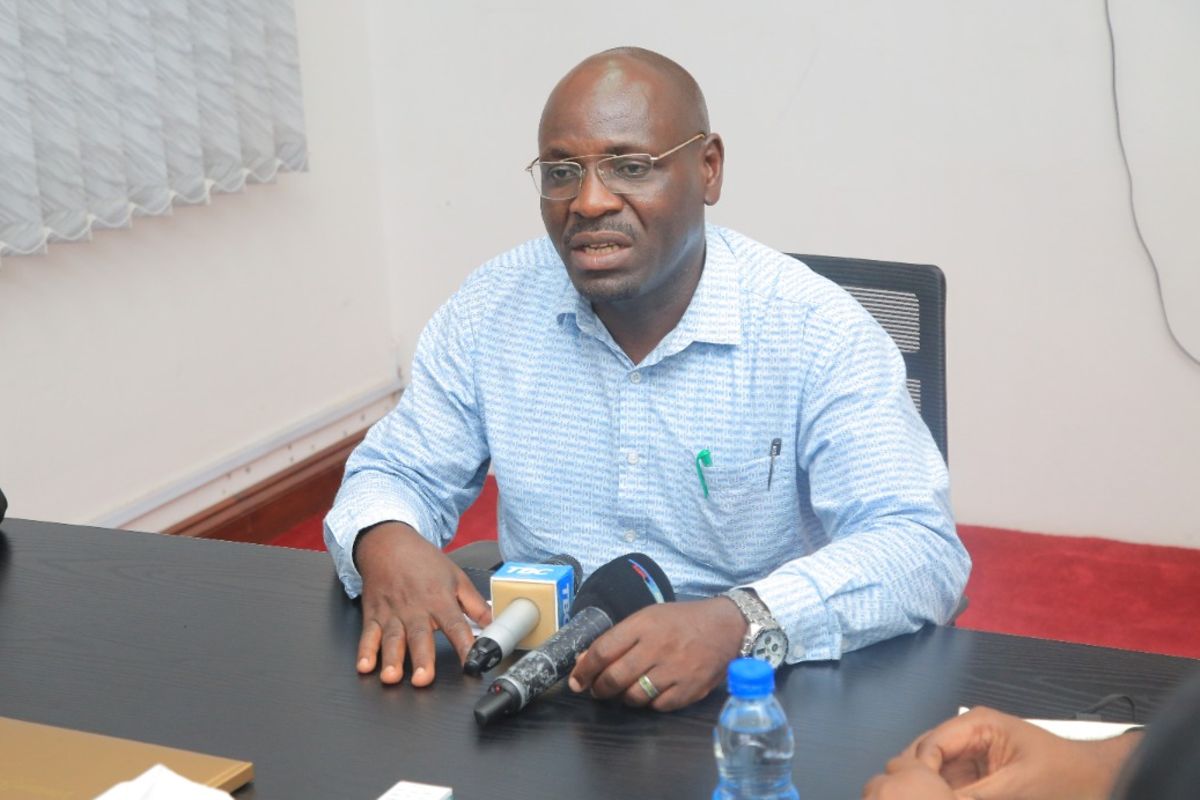
Dodoma. Shirikisho la Vyama vya Ushirika Tanzania Bara (TFC) limezungumzia changamoto kubwa wanazokutana nazo kutokana na kukosa uwakilishi bungeni na Wizara ya Ushirika na kuomba kurejeshwa kwa wadhifa huo kama ilivyokuwa miaka ya nyuma.
Akizungumza kwenye Mkutano Mkuu wa 29 wa TFC, Mwenyekiti wa Shirikisho, Charles Jishuli, alisema kuwa, licha ya umuhimu wa ushirika katika maendeleo ya uchumi wa taifa, hakuna uwakilishi wa moja kwa moja wa sekta hii bungeni wala kuwa na Wizara ya Ushirika.
Jishuli alikumbusha historia ya ushirika kama sehemu muhimu ya Chama cha Mapinduzi (CCM) kabla ya kuanzishwa kwa mfumo wa vyama vingi mwaka 1992, ambapo ushirika ulikuwa ni mojawapo ya jumuiya za CCM, pamoja na jumuiya za Vijana, Wazazi, na Wanawake.
Hata hivyo, alisema kuwa baada ya mfumo wa vyama vingi kuingia, jumuiya za wafanyakazi na ushirika zilitengwa kutoka CCM, na wafanyakazi sasa wana uwakilishi bungeni, jambo ambalo halipo kwa ushirika.
“Katika hali hii, tumeona kuwa tunahitaji kurejeshwa kwa Wizara ya Ushirika, kama ilivyokuwa awali. Hii itasaidia kuleta mpango maalumu wa bajeti kwa ajili ya vyama vya ushirika na kuhakikisha tunapata msaada wa kisera utakaosaidia kutatua changamoto zinazotukabili,” alisema Jishuli.
Jishuli aliomba kupitia Naibu Waziri wa Viwanda na Biashara, Exaud Kigahe, ambaye alikuwapo kama mgeni rasmi kwenye mkutano huo, ombi hili lifikishwe kwa Rais Samia Suluhu Hassan, ili kutoa msukumo wa kurejeshwa kwa Wizara ya Ushirika na kupewa uwakilishi wa vyama vya ushirika ndani ya Bunge.
Hata hivyo, Kigahe ambaye alimuwakilisha Waziri wa Viwanda na Biashara, Dkt Selemani Jafo aliyekuwa mgeni rasmi, alisema ombi hilo wamelipokea kama Serikali.
Mrajisi wa Vyama vya Ushirika nchini, Dk Benson Niege, amebainisha kuwa wameanzisha mfumo mpya wa kuviweka vyama vya ushirika katika madaraja kulingana na utendaji wao.
Dk Niege alisema kuwa madaraja haya yatapimwa kwa kuzingatia vigezo vya utendaji wa menejimenti, usimamizi wa wanachama na ufanisi wa usimamizi wa hesabu za vyama kupitia vitabu rasmi.
“Kwa mfano, kuna vyama vikubwa vinavyokuwa na mtaji mkubwa, lakini vikiwa na hati chafu za kifedha. Hivyo, kila chama kitawekwa katika daraja kulingana na utendaji wake. Chama kitakachokuwa kwenye daraja la kwanza kitakuwa na utendaji bora na usimamizi mzuri,” alisema Dk Niege.
Aidha, Naibu Waziri wa Viwanda na Biashara, Exaud Kigahe, aliwataka viongozi wa vyama vya ushirika kujenga utamaduni wa uadilifu na kuondokana na vitendo vya dhuluma kwa wakulima, hususan katika masuala ya vipimo wakati wa msimu wa ununuzi wa mazao.
“Tusimamie kwa uangalifu vipimo wakati wa ununuzi wa mazao kutoka kwa wakulima. Vitendo vya udanganyifu kama vile lumbesa, kangomba, na future, ambavyo vinahusisha kupima kwa kufungasha, ni ukosefu wa maadili na ni kuwadhulumu wakulima,” alisisitiza Naibu Waziri Kigahe.
Pia, waliwataka kufanya ushirika ni biashara kama walivyoamua wenyewe na kwamba Serikali itawaunga mkono shabaha yao ya kuanzisha benki ya Ushirika.
Source: mwananchi.co.tz













